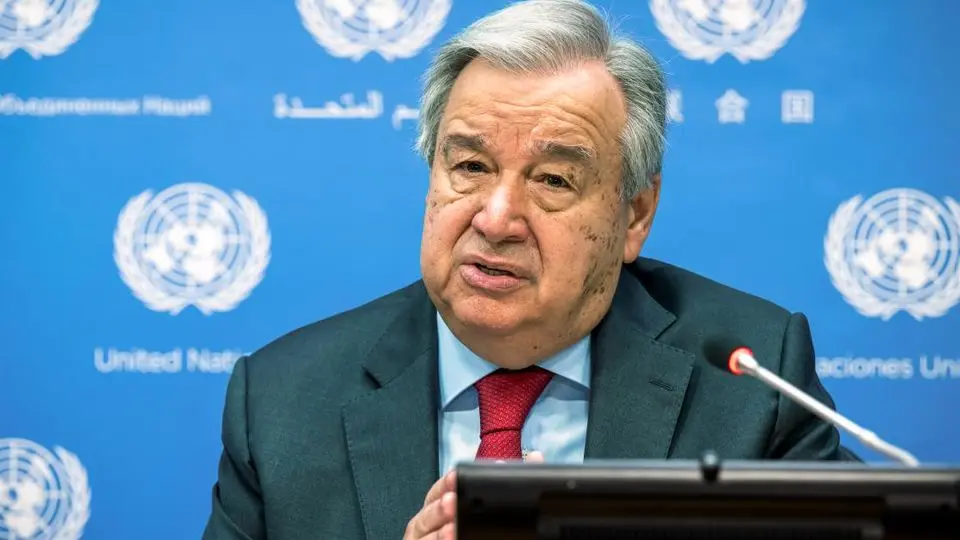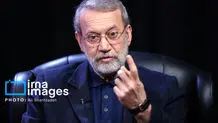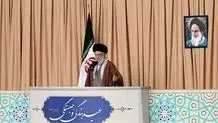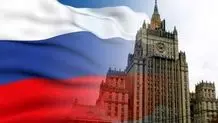Statement from Iranian Civil Society in Response to Threats from the U.S. Government
Statement from Iranian Civil Society in Response to Threats from the U.S. Government

Date: 3 April 2025
Mr. António Guterres
Secretary-General of the United Nations
CC: United Nations High Commissioner for Human Rights
Your Excellency,
We, the undersigned—a collective of university professors, legal scholars, lawyers, human rights defenders, journalists, and independent political activists, including some who have publicly criticized the Iranian government and endured imprisonment or other forms of deprivation—submit this statement out of deep concern. Our message is addressed first and foremost to you, the UN General Assembly, and the UN High Commissioner for Human Rights, and through you, to U.S. policymakers, the American public, and the international community at large.
1) Iran’s Historical Experience with War
Iran endured an eight-year war imposed by Saddam Hussein’s regime, which acted as a proxy for both Eastern and Western powers. During that war, he used chemical weapons with the support and complicity of major international actors. The German government was among those that supplied the chemical precursors used in those attacks. Thousands of Iranian civilians and soldiers continue to suffer the long-term consequences.
We have experienced the devastation of war and do not wish to face it again. Iran has not initiated any conflict in the past century. Yet history has shown that if subjected to foreign aggression, the Iranian people will resist with utmost determination and unity.
2) The Nuclear Issue and the JCPOA
Western double standards are evident in the way Iran’s peaceful nuclear program — despite being fully monitored by the International Atomic Energy Agency — is portrayed as a threat, while Israel’s nuclear arsenal, which is neither a signatory to the Non-Proliferation Treaty nor subject to any international inspections, is ignored. This disparity has not only placed unfair pressure on Iran but has also contributed to the spread of extremism
Following years of intensive negotiations, Iran concluded the Joint Comprehensive Plan of Action (JCPOA) with the P5+1. However, the Trump administration unilaterally withdrew from the agreement without justification, despite Iran’s compliance. The subsequent imposition of sweeping sanctions targeted the Iranian people, depriving them of essential medicines, foodstuffs, and economic opportunity.
3) On Democracy and Foreign Intervention
While many of us have publicly criticized domestic policies, we firmly believe that Iran’s future—its independence, security, and democratic development—must be determined by its own citizens, free of foreign intervention. Democracy cannot be achieved through the intervention of foreign powers, especially those that openly exhibit authoritarian tendencies and support the criminal Israeli regime by supplying it with advanced weaponry, financial resources, and political backing. This is while Israel’s acts of genocide and war crimes have been condemned by all international human rights organizations, are the subject of active prosecution before the International Criminal Court, and have sparked widespread protests among the public and university students across the United States and Europe.
The Iranian nation—with an ancient history far older than that of most modern states, which Hegel praised as the starting point of world history, and which Kant, Nietzsche, and many other great thinkers have celebrated—has no need for the sympathy of such forces.
4) Concern for Global Peace
Our concerns extend beyond Iran’s borders. Over the past 15 months, the Israeli regime has blatantly violated international humanitarian law and universal human rights norms. These violations have occurred with impunity, enabled by the political and military support of the United States and certain European governments, eroding the credibility of international institutions.
We are alarmed by the rhetoric and posture of the current U.S. administration, which, despite campaign claims of peace, has resorted to militaristic threats and coercive diplomacy in its dealings with Greenland, Canada, Europe, Ukraine, and Gaza. Its repeated threats to “bomb Iran” if negotiations fail constitute a clear violation of the UN Charter and represent a grave threat to international peace and security.
5) Declaration of Position
We, the signatories of this statement, are united in our defense of Iran, its people, and the cause of global peace. Despite our varying political views and critiques of domestic governance, we will stand with our nation in the face of any external aggression.
We call upon the international community to oppose the warlike policies of the current U.S. administration and to condemn the ongoing crimes of the Israeli regime. Any military action targeting Iran or its defensive capacities is not merely an attack on a government—it is an attack on the Iranian people and a threat to regional stability and global stability.
Respectfully,
The Undersigned




